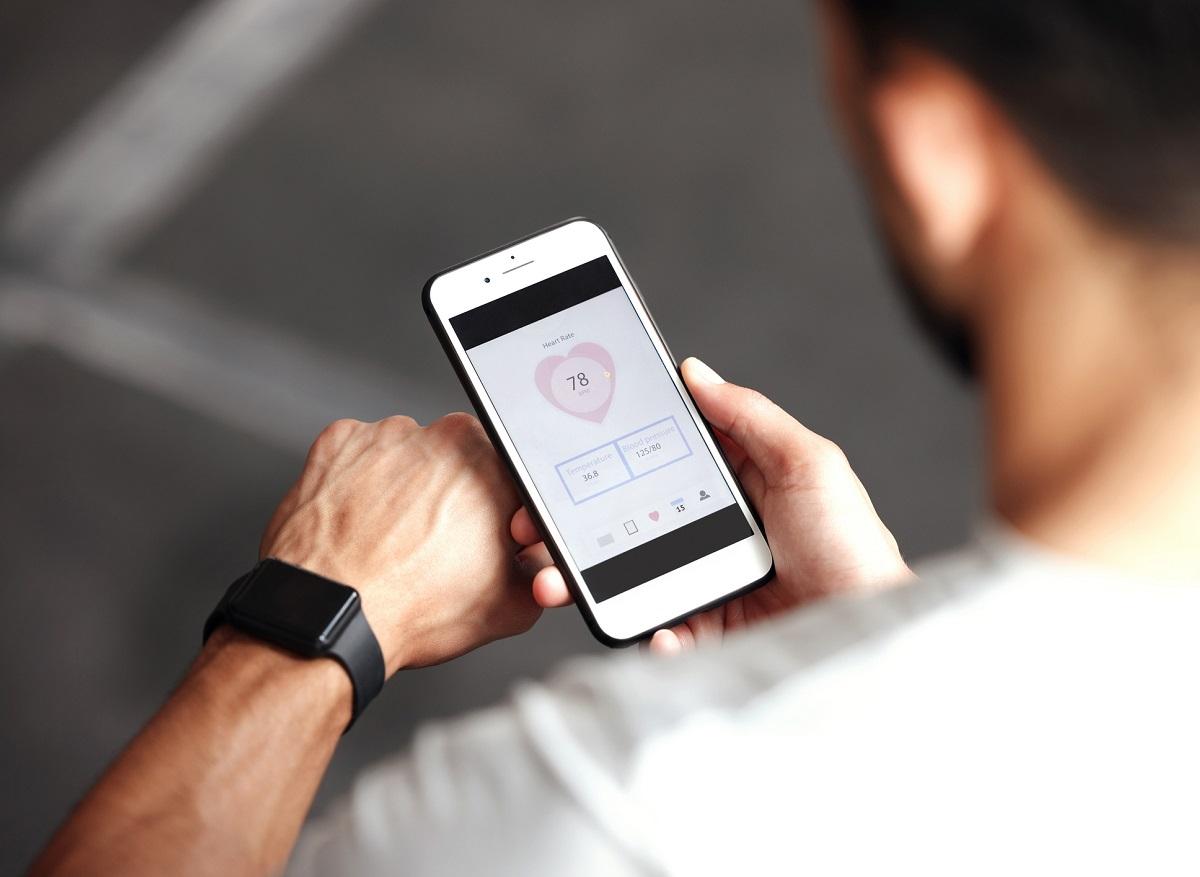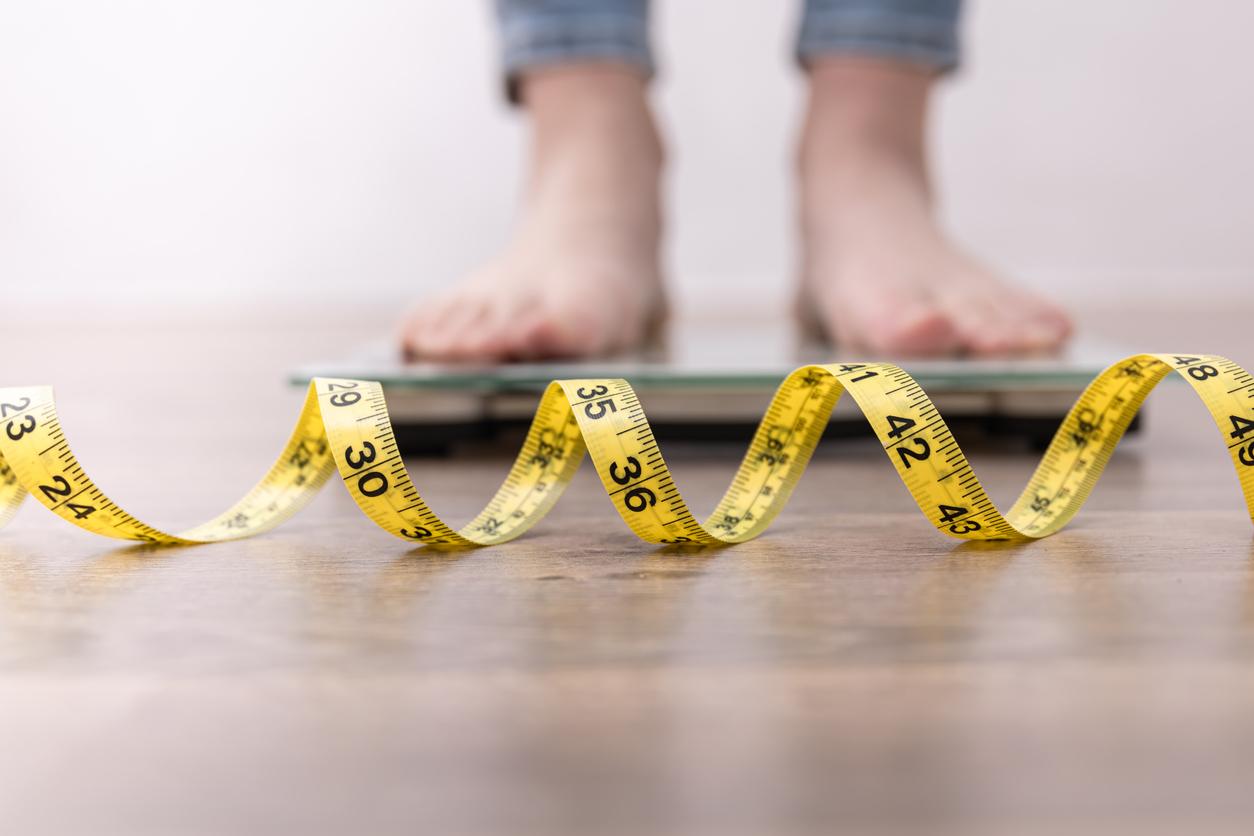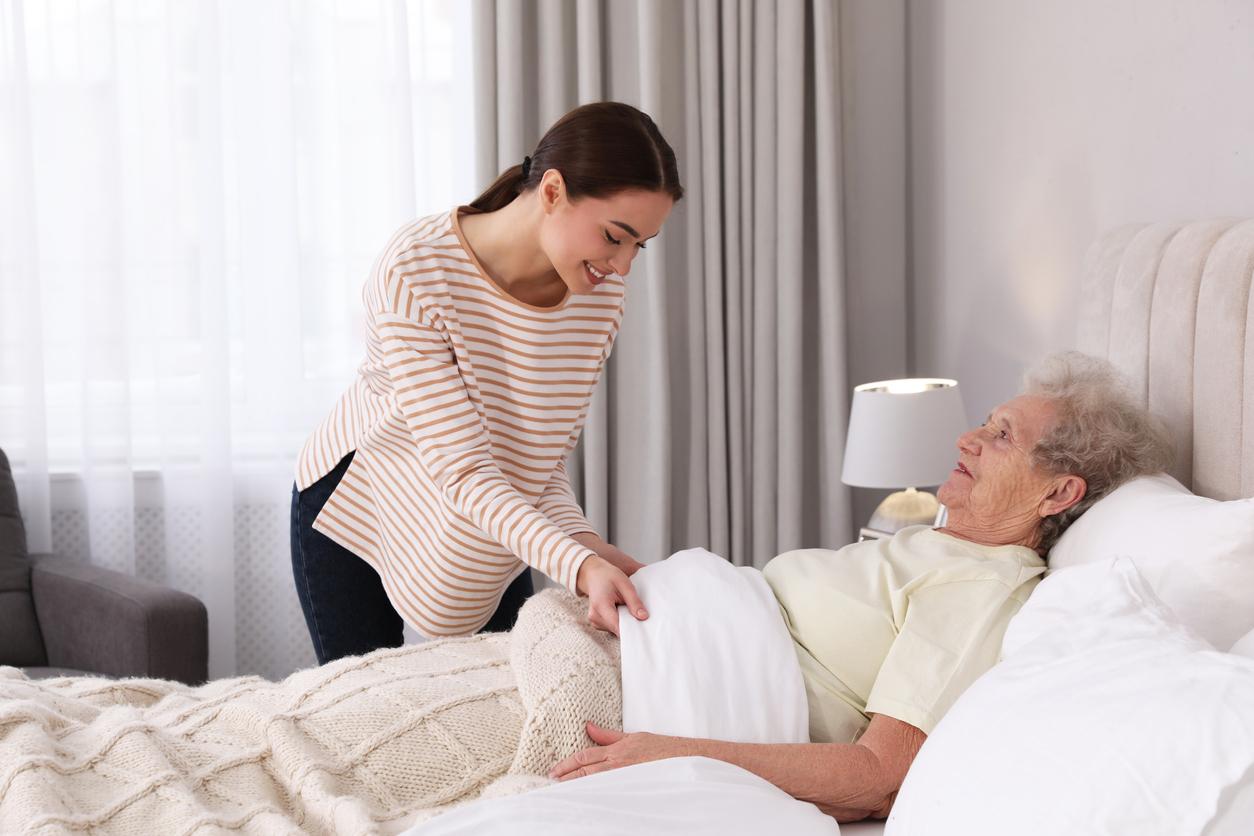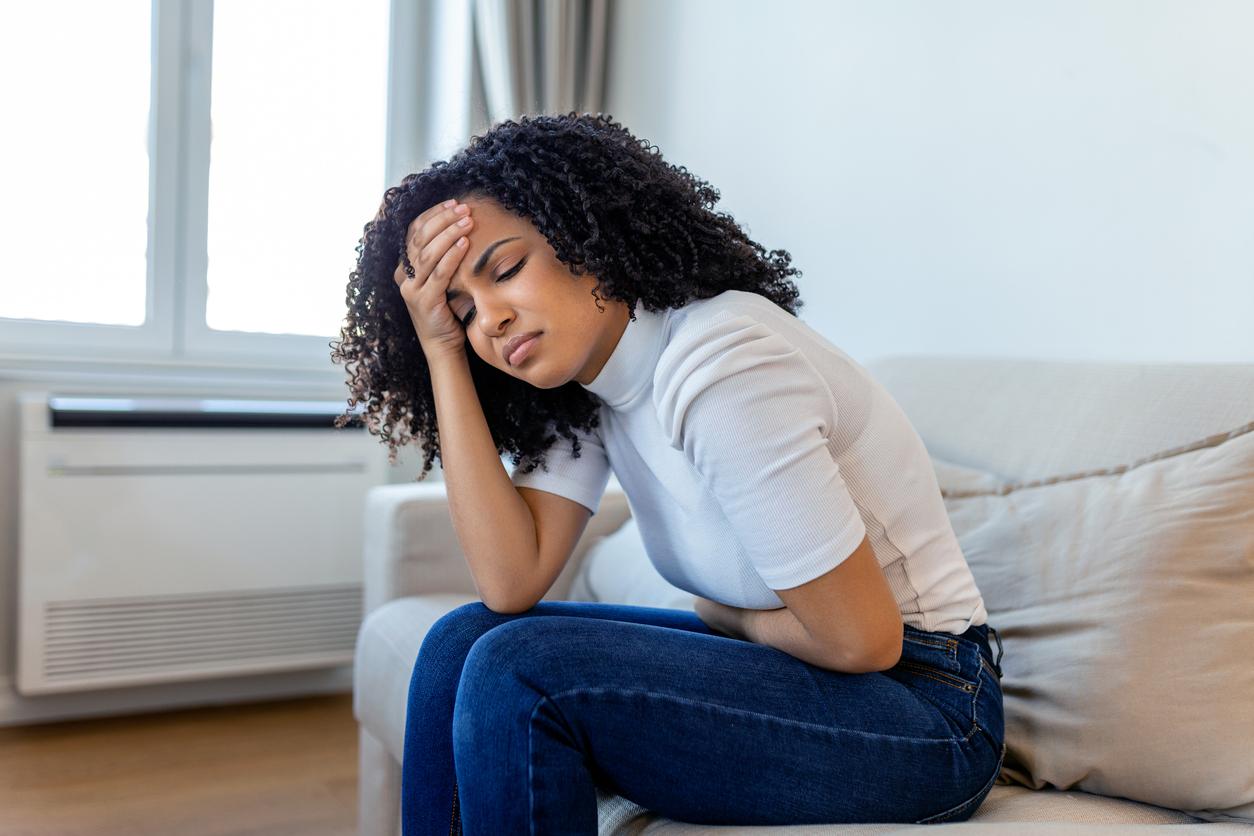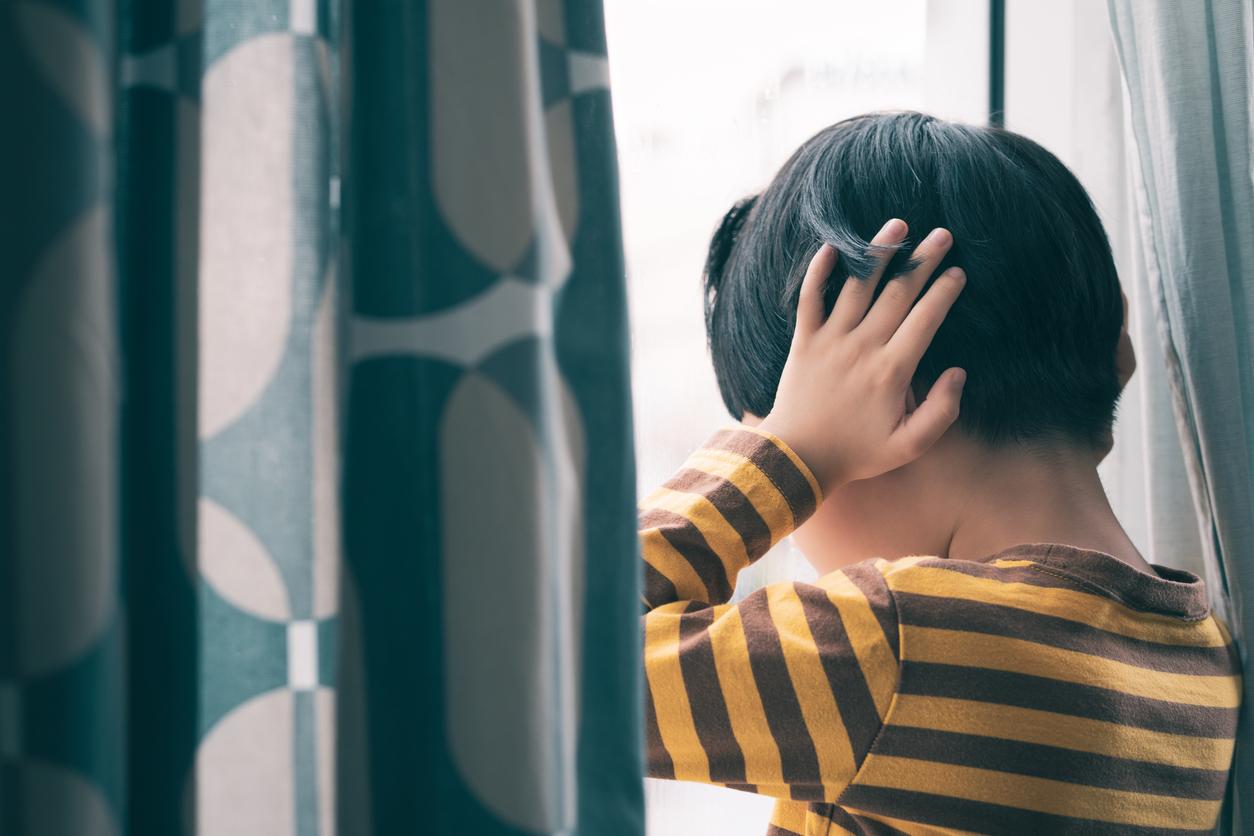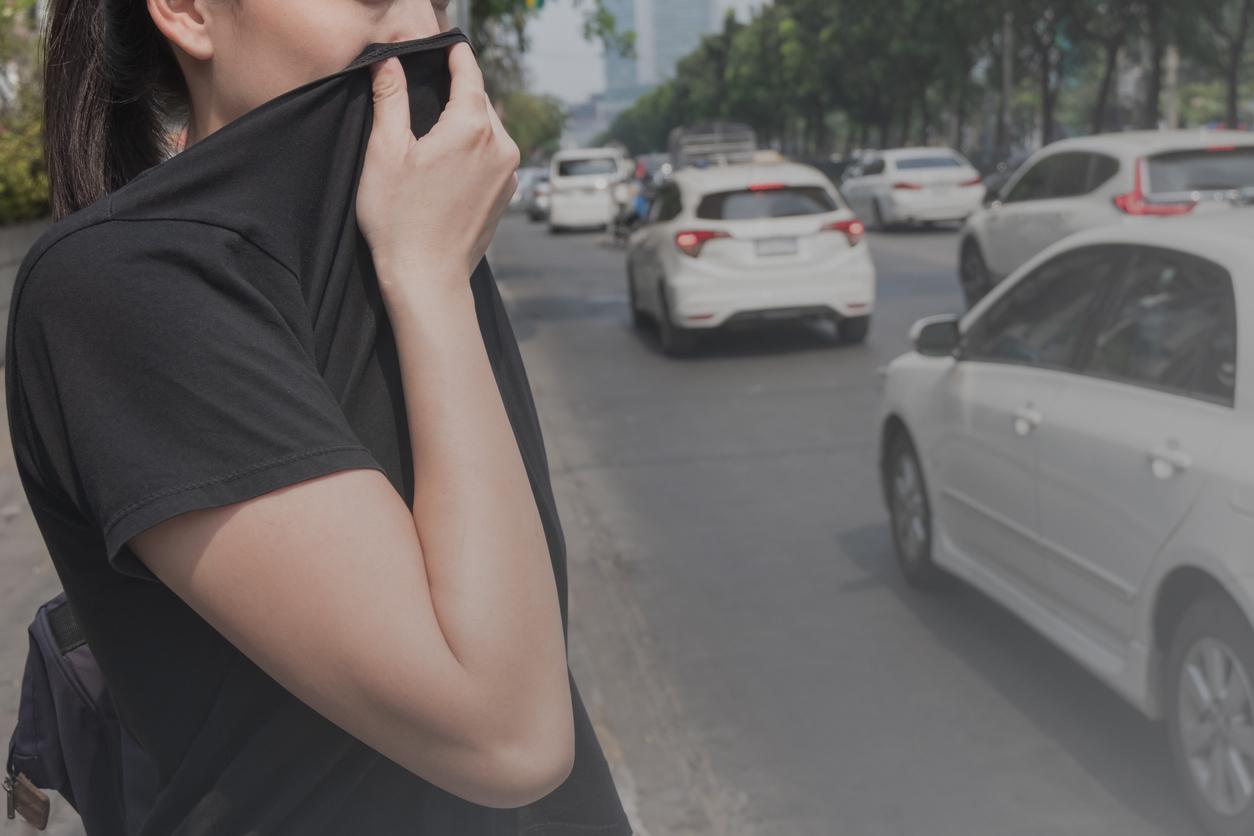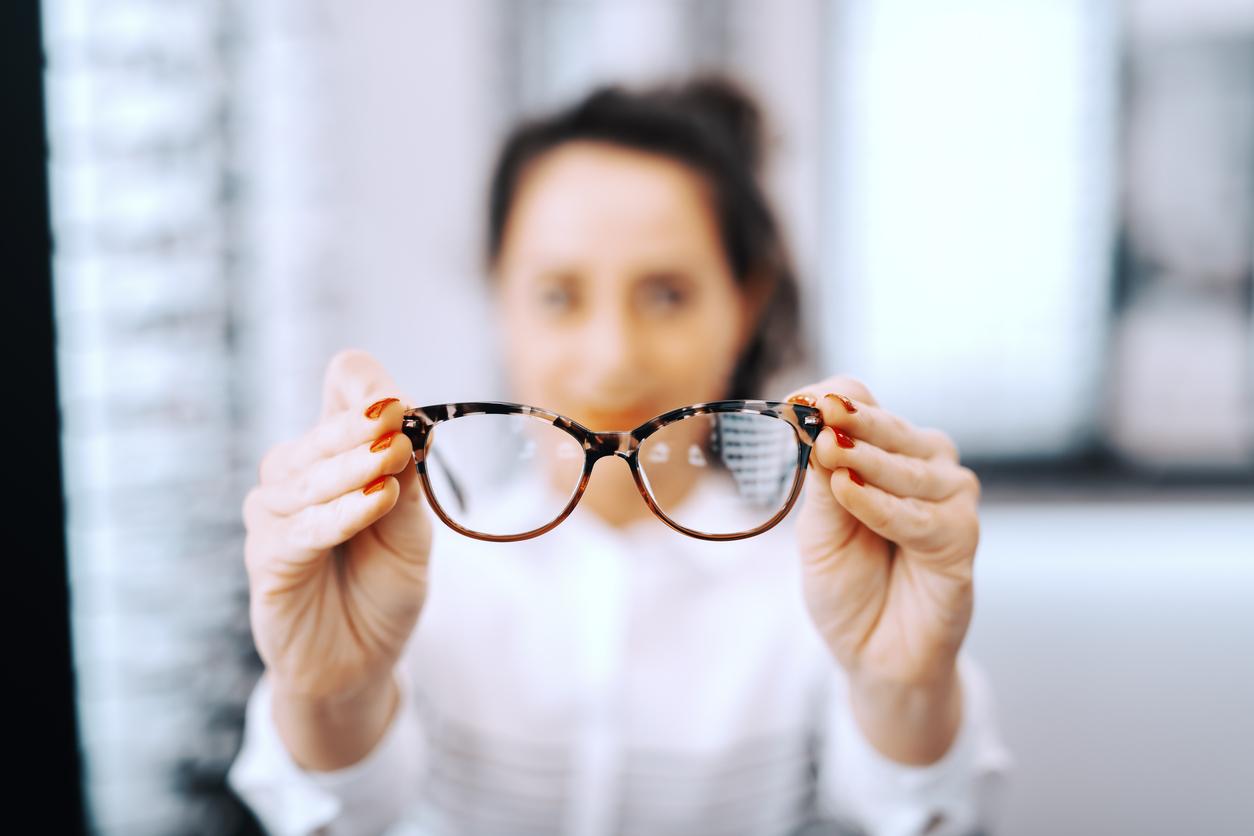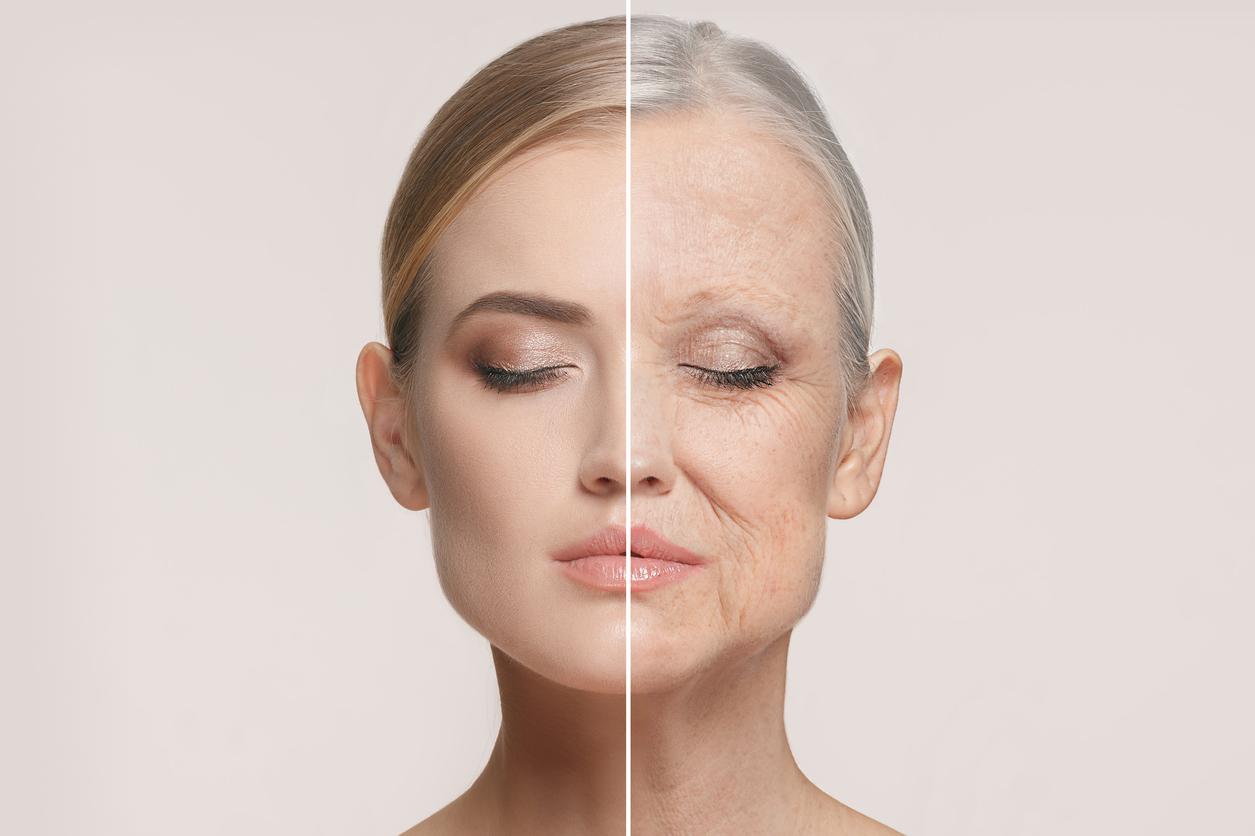Half of the students use a health or wellness application. These tools should be used to develop prevention.
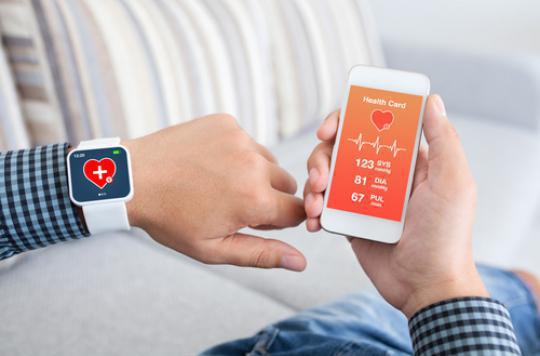
Unlike their elders, French students are not afraid of connected health. 90% of them say that it represents the future. This is what emerges from a SMEREP survey carried out with Withings, a manufacturer of connected objects. These are popular both for prevention and a change in lifestyle. Because young people are proclaiming it loud and clear: using a connected object or a mobile application motivates them to adopt the right actions.
Measure your behavior
Connected health, for students, manifests itself through the different modes of use. They mainly cite smart accessories, such as scales or blood pressure monitors. Mobile applications follow closely behind. Telemedicine, little used in France, only comes last in the examples cited.
The definition is put into practice a little less often: one in two students already uses a health or wellness app. It is above all a matter of measuring your sporting activity – including by counting your steps – but also of monitoring your sleep or improving your nutrition. Nutritional advice, diet aid or calorie counting are therefore regularly requested.
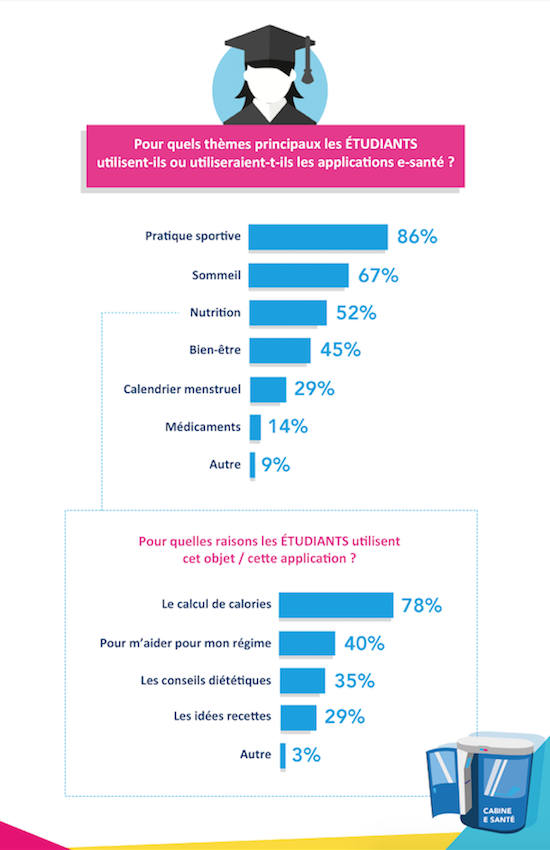
Source : SMEREP
These uses are not due to chance: 30% of students use an app or a connected object to stimulate themselves. Twice as many believe that these supports empower them and help them develop new, healthier behaviors.
Complete, not replace
The students are also very confident. 7 in 10 believe the transmission of health data to be reliable and secure. They go so far as to think that these devices could be used as part of prevention approaches. With this in mind, the majority of respondents are ready to go further: to link the price of complementary health insurance to the results of the insured. Thus, 68% are in favor of a reduction if the measured health data is positive. However, the Evin law prohibits it.
But these young people set a major limit: no way that the various objects replace the doctor. Only 2% say it is possible. A pretty tasty answer when we know that, for 93% of them, the use of a health app or a connected object did not lead them to meet a health professional.
.









